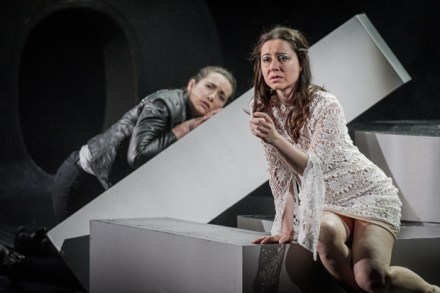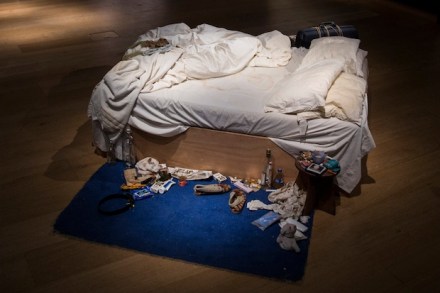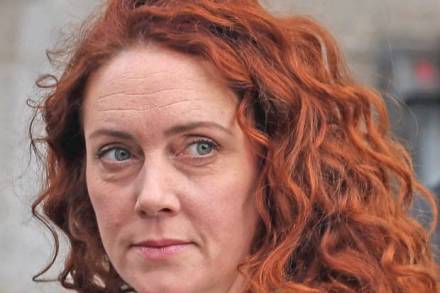Buxton Festival sticks its neck out with two rarities by Dvorak and Gluck
Dvorak’s The Jacobin and Gluck’s Orfeo ed Euridice, the two operas that opened this year’s Buxton Festival, are both relative rarities today, but their creators’ fortunes tell an interesting story. Dvorak’s operas — or at least Rusalka — joined the repertoire around the same time, during the 1980s, that Gluck’s arguably starting slipping from the stage, to the extent that now means the UK’s main companies are all but ignoring the composer’s 300th anniversary this year. Both works, in their different ways, also explore the power of music. Orpheus is the archetypal musician in art, whose power as singer enabled him to bring back Eurydice from death — temporarily in



















